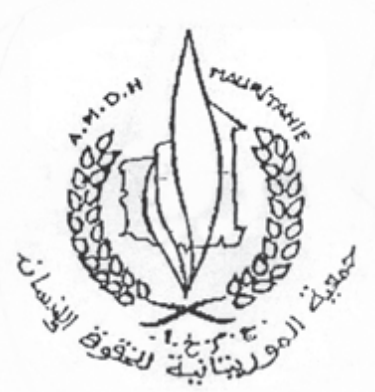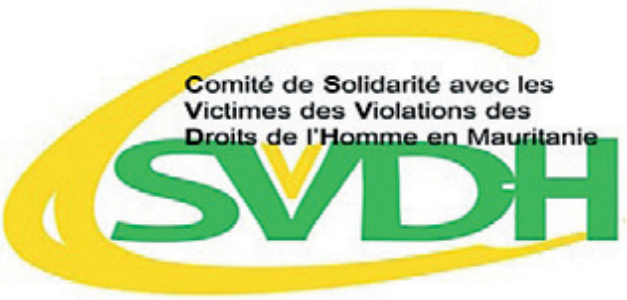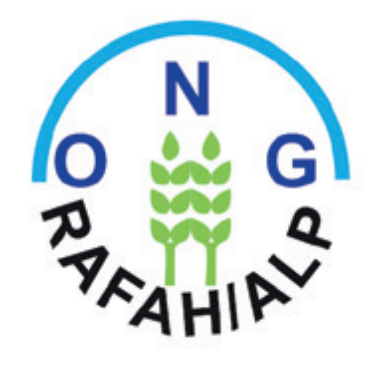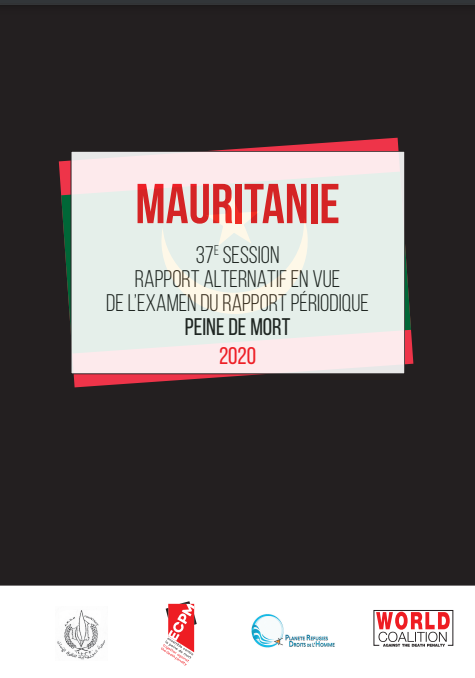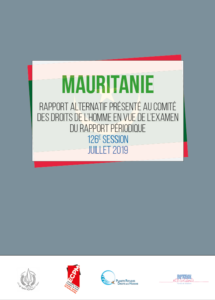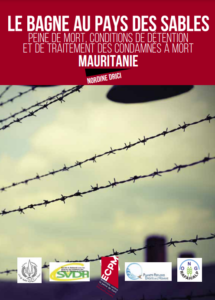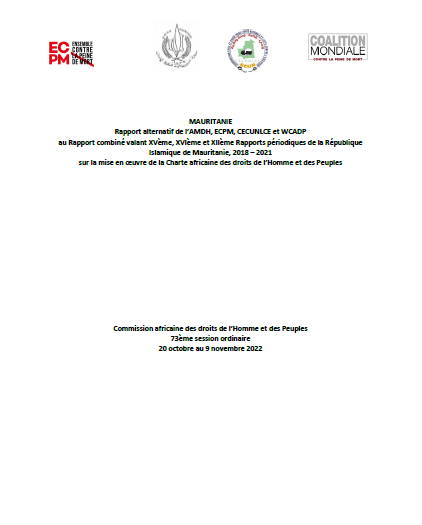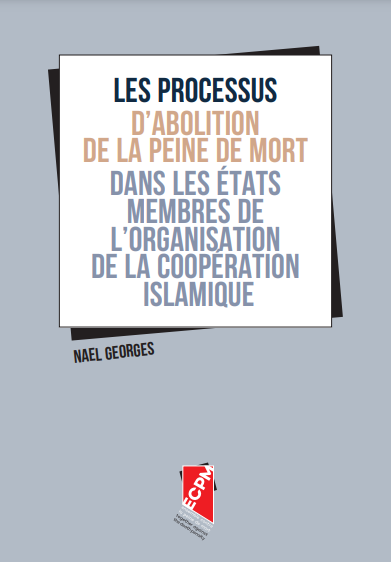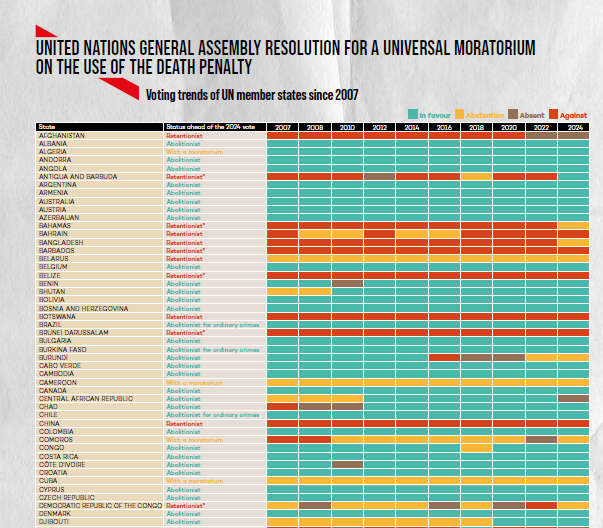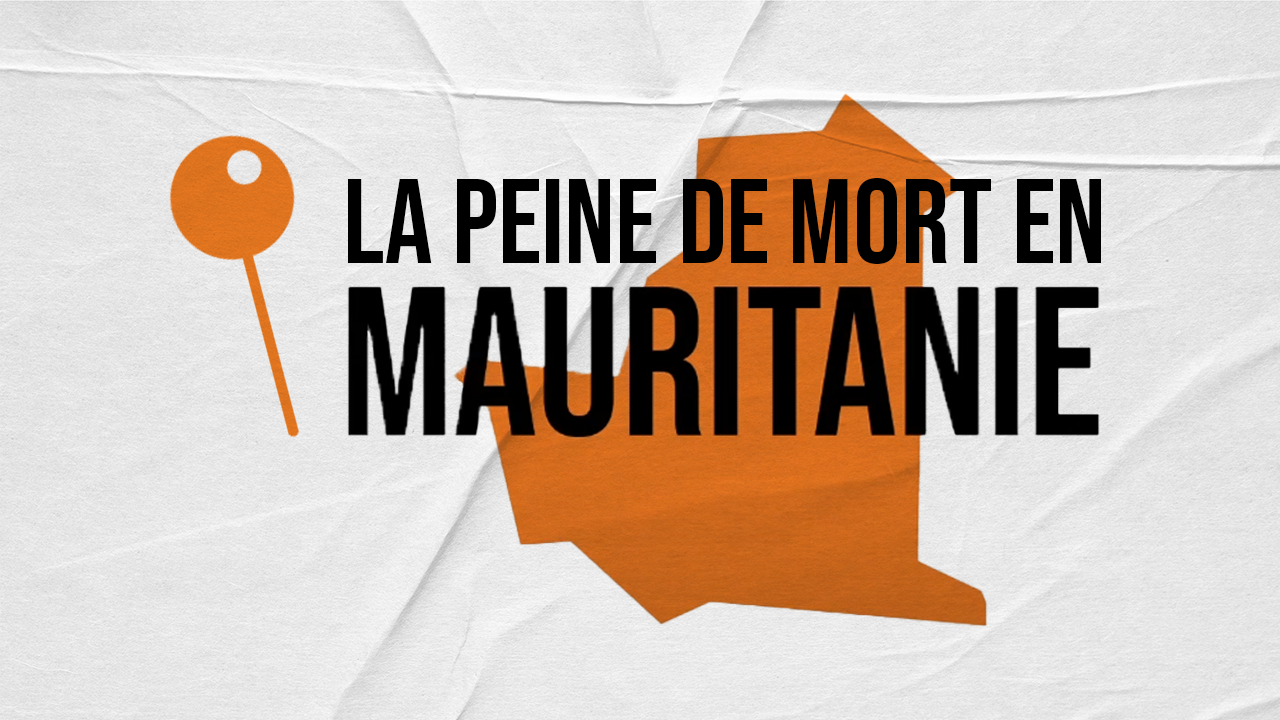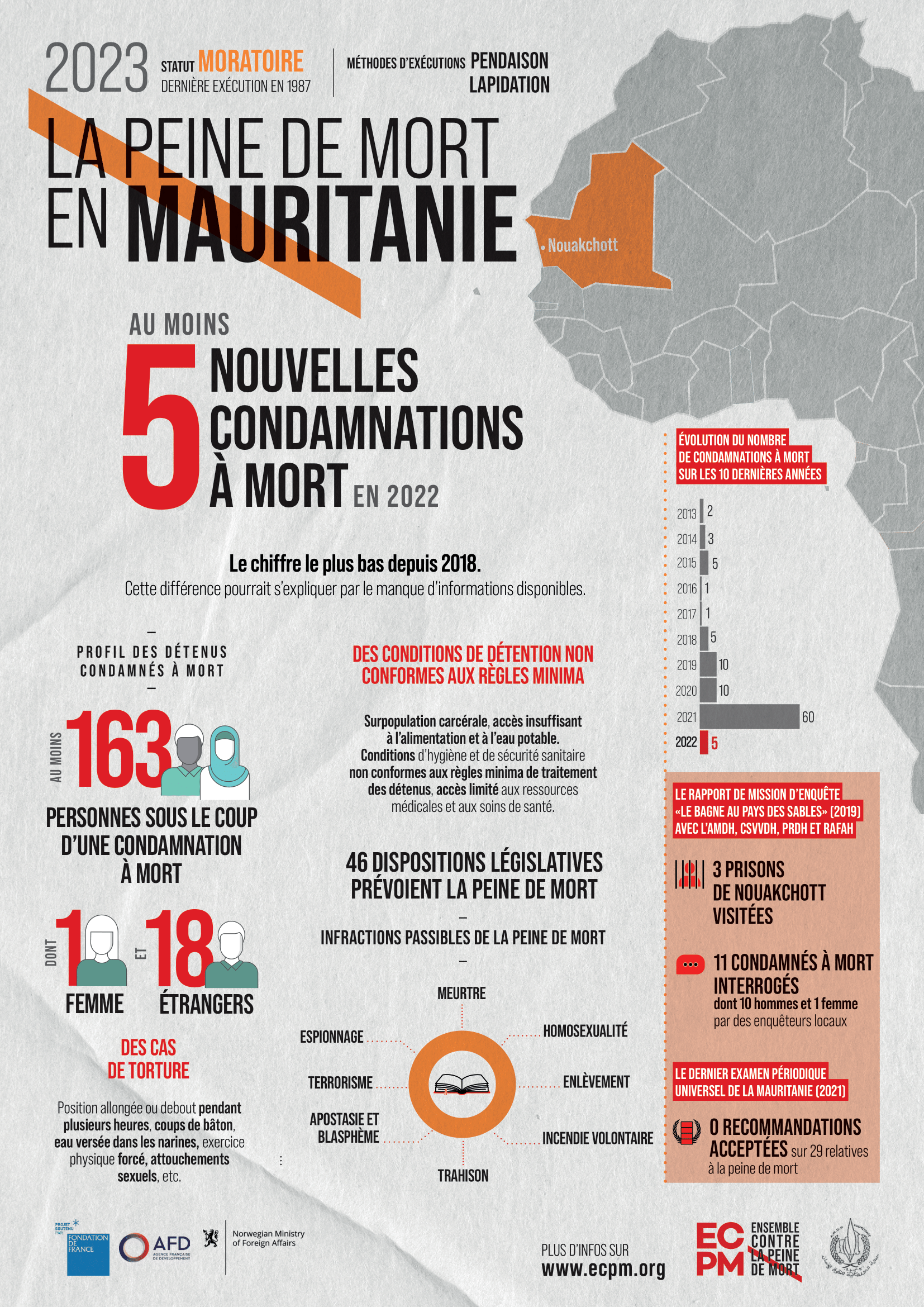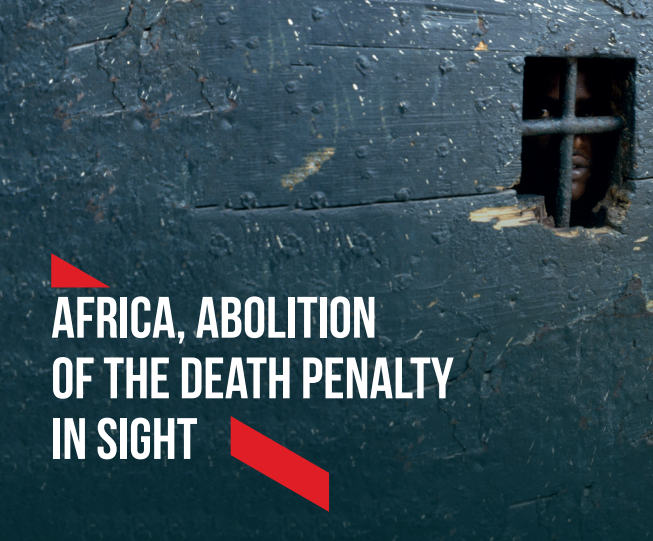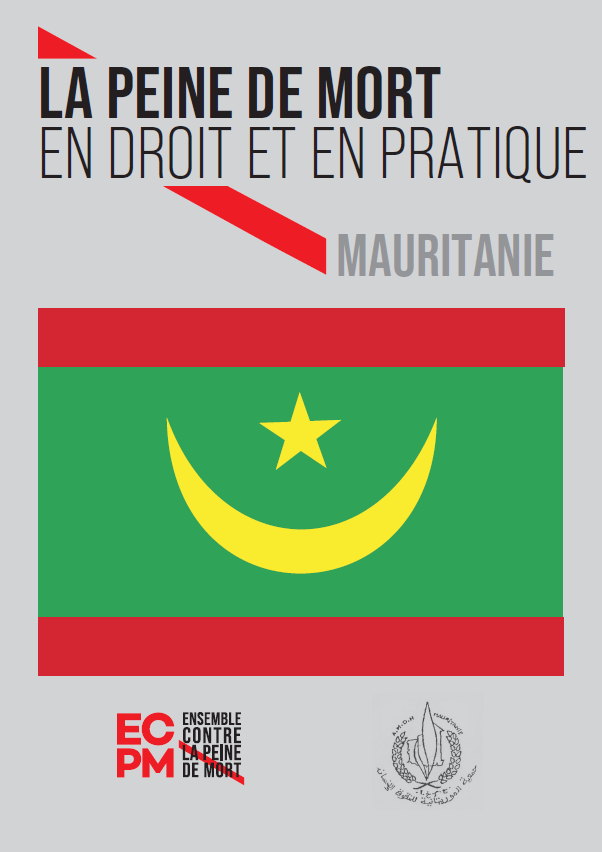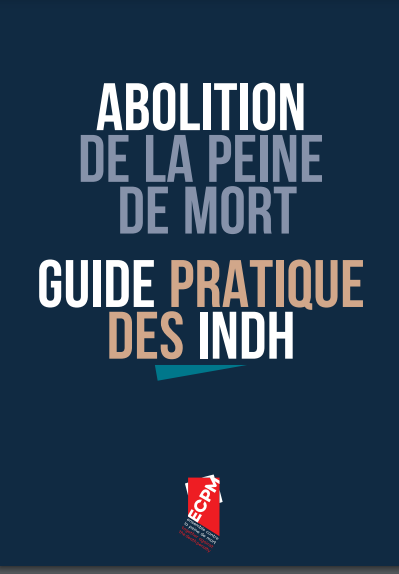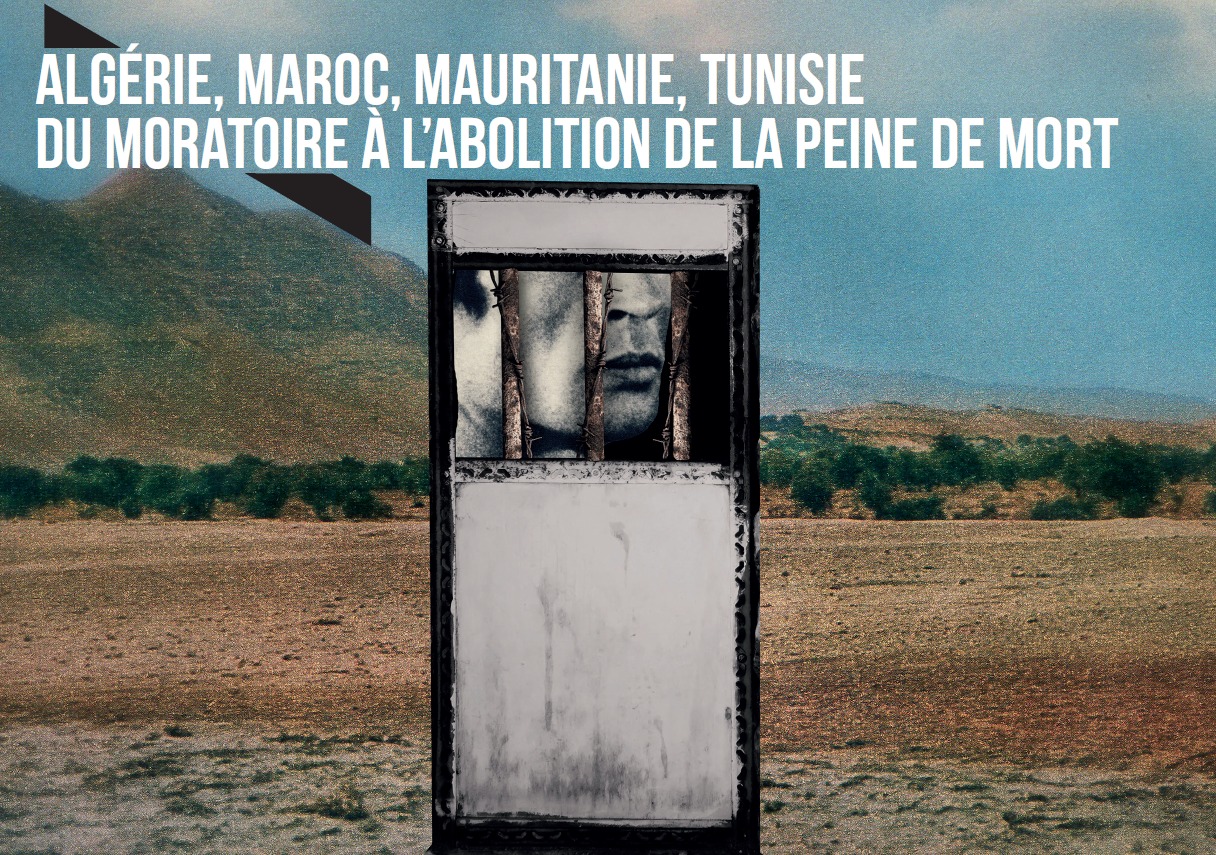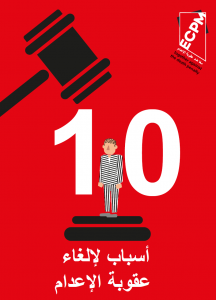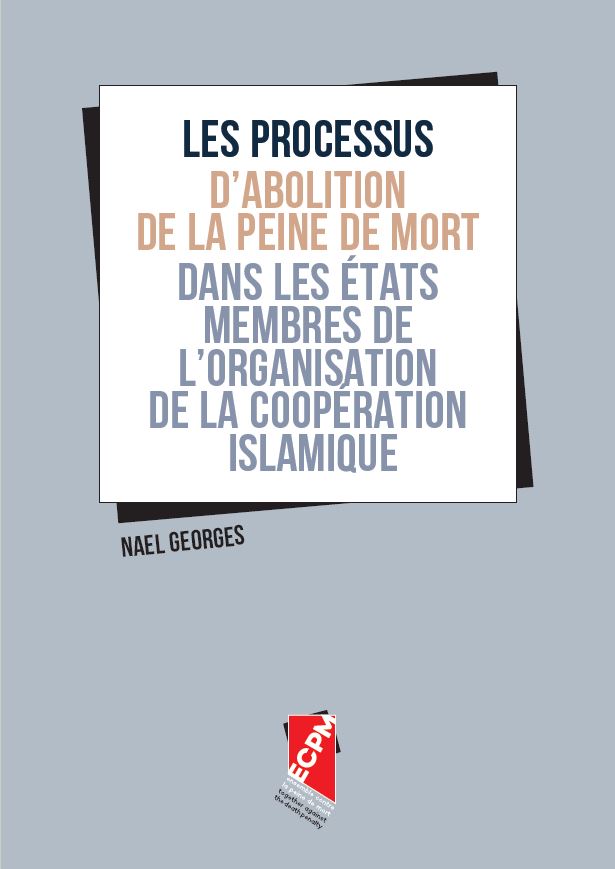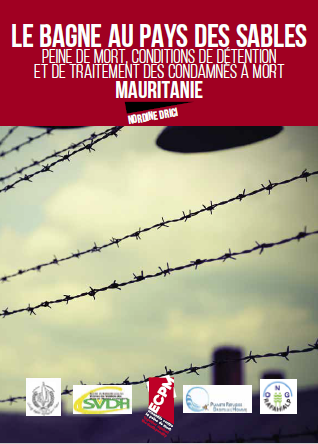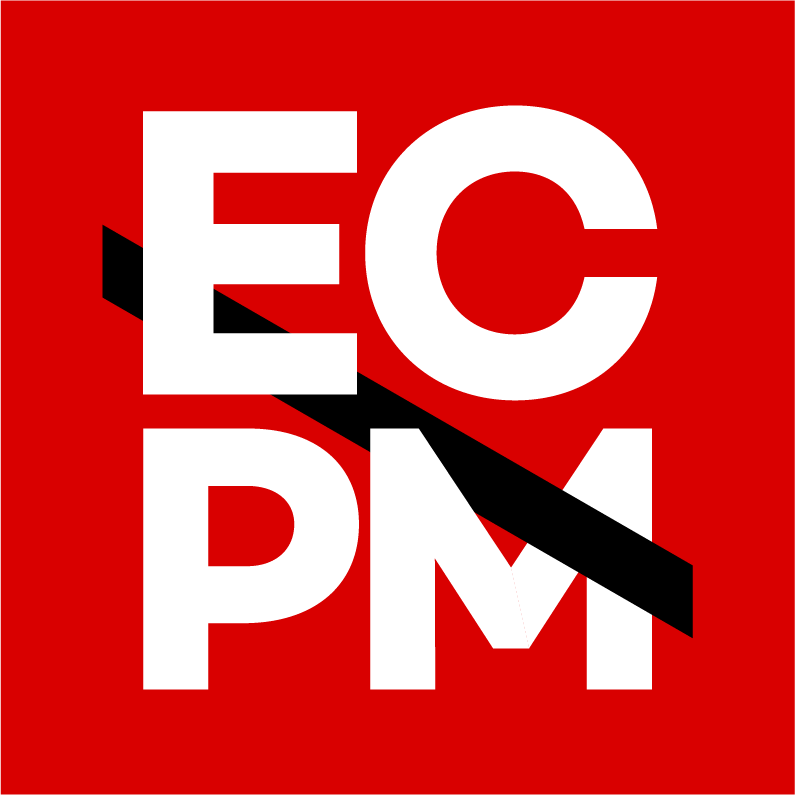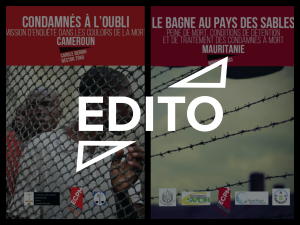ECPM has been working in Mauritania since 2014 to support its local partners by promoting dialogue with national authorities, strengthening advocacy with regional and international human rights protection mechanisms, providing assistance in the defence of those sentenced to death and advocating for the improvement of their conditions of detention.
Mauritania has applied a moratorium since 1987, but Mauritanian criminal courts continue to hand down death sentences on a regular basis. The conditions of detention and treatment of death row prisoners do not comply with United Nations minimum standards in this area (Mandela Rules). This is documented in the report of the fact-finding mission “Le bagne au pays des sables” (The prison in the land of sands) carried out from December 2017 to December 2018 by Nordine Drici, President of the association Planète réfugiés-Droits de l’homme (PRDH), published in 2019.
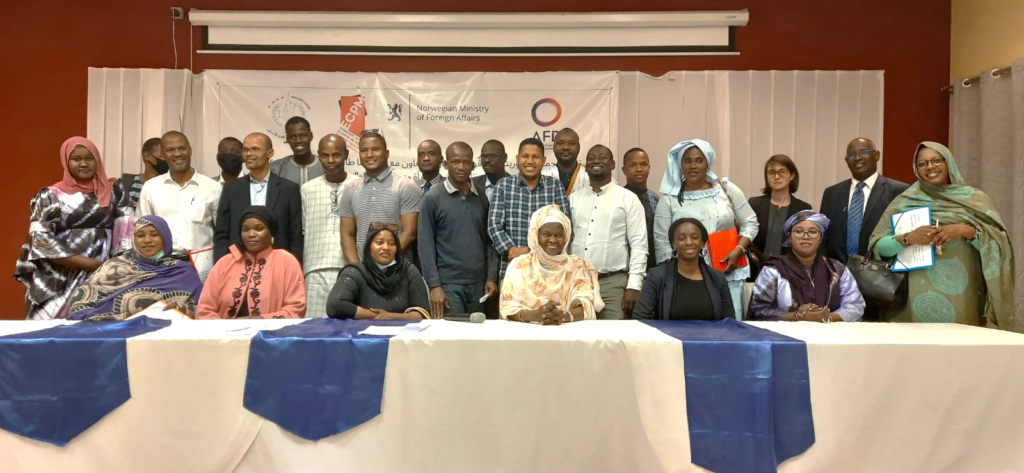
CONDITIONS OF DETENTION OF DEATH ROW PRISONERS
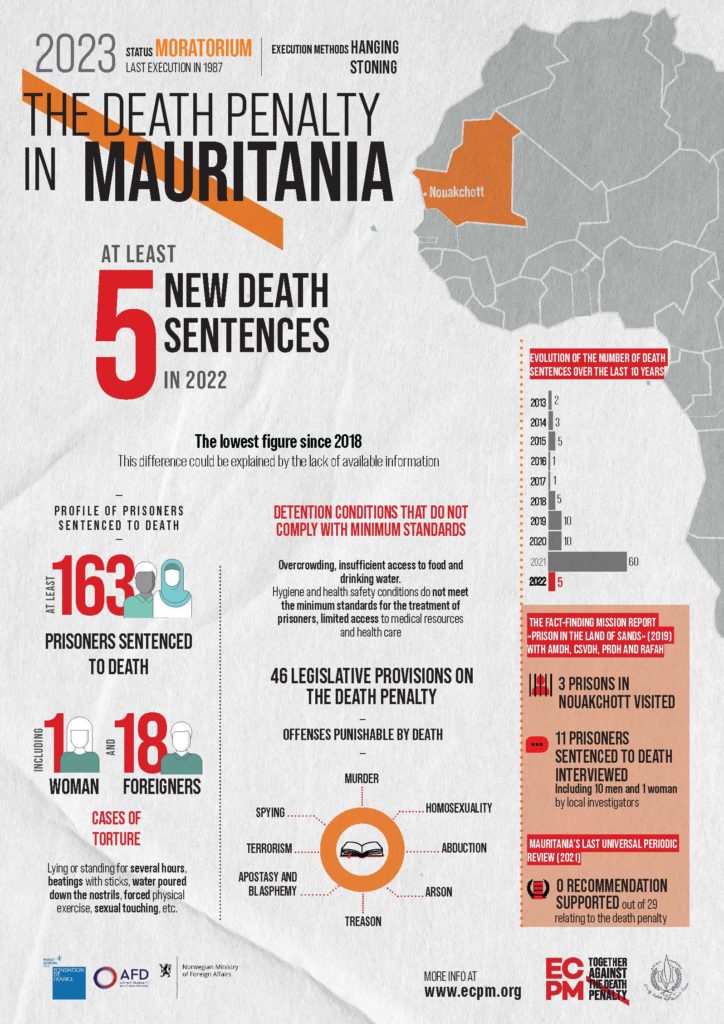
Mauritanian law guarantees a number of rights to persons deprived of their liberty, including those on death row. However, in practice, conditions of detention are particularly difficult. Prisons in Nouakchott are overcrowded. The Mauritanian authorities have therefore transferred prisoners, including those on death row, to the prisons of Aleg and Bir Moghreïn, located 1,200 km from Nouakchott. These transfers strongly affect family ties between prisoners and their relatives, as well as their links with lawyers. Access to health care is largely inadequate and every year prisoners die as a result of inadequate medical treatment or lack of timely access to care. Although figures are not available, mortality rates are said to be particularly high in Dar Naim central prison, Aleg prison and Bir Moghrein prison, the latter situated a long way from any hospital. There are also shortcomings in terms of hygiene and the quantity of food available given the high numbers of prisoners.
Access to education and training for prisoners on death row is very limited due to the limited resources available to the Ministry of Justice. However, such activities are partly carried out by associations. Most foreign death row prisoners do not have the guarantees to which they are entitled, in terms of access to an interpreter, and their lawyers, who are court-appointed, do not have enough time to become familiar with their clients’ case files.
“The verdict was issued: I was sentenced to death. I didn’t understand anything at the hearing, which took place in Hassanya, a language I don’t speak. I didn’t have a Fulani interpreter, and it was a Fulani policeman who explained to me, as he took me outside the criminal court, that I had been sentenced to death.”
A former death row prisoner, interviewed during the fact-finding mission
The Penitentiary Decree of 23 May 1970 (Art. 14) imposes an obligation on the investigating judge to visit prisons on a regular basis and provides for the establishment of a supervisory commission in each prison to monitor “health, safety, food, health care, penal labour, discipline and compliance with regulations” (Art. 15). However, owing to a lack of material, financial and human resources, such visits and inspections cannot be carried out.
VIOLENCE AGAINST WOMEN AND CHILDREN
Mauritania has one of the longest-standing moratoria in the Maghreb. The last execution, following a judgement by a military court, took place in 1987. Progress towards abolition of the death penalty, such as the adoption of legislative measures to reduce the number of crimes punishable by death, is conceivable. The issue of sexual violence against women and children is at the centre of societal problems and human rights violations, that impact on the entire society in the short and medium term. Some actors may be tempted to call for the application of the death penalty. However, the death penalty does not have a stronger deterrent effect and studies tend to show that states that have abolished the death penalty do not have a higher incidence of sexual violence than those that apply the death penalty. In fact, the opposite is true. There are many alternatives to the death penalty in the fight against sexual violence. The application of the death penalty for violence against women does not increase their importance in terms of priorities or the proportionality of offences to penalties.
ECPM works in Mauritania with the Coalition mauritanienne contre la peine de mort, Planète Réfugiés-Droits de l’Homme (PRDH), the Association Mauritanienne des Droits de l’Homme (AMDH), the Comité de Solidarité avec les Victimes des Violations des Droits humains (CSVVDH) and the association RAFAH.
Since 2017, ECPM has been coordinating the project “Strengthening Progress towards the Abolition of the Death Penalty”, with the support of the Agence française de développement, Norway, Switzerland, the European Union Delegation in Morocco and the Fondation de France.

